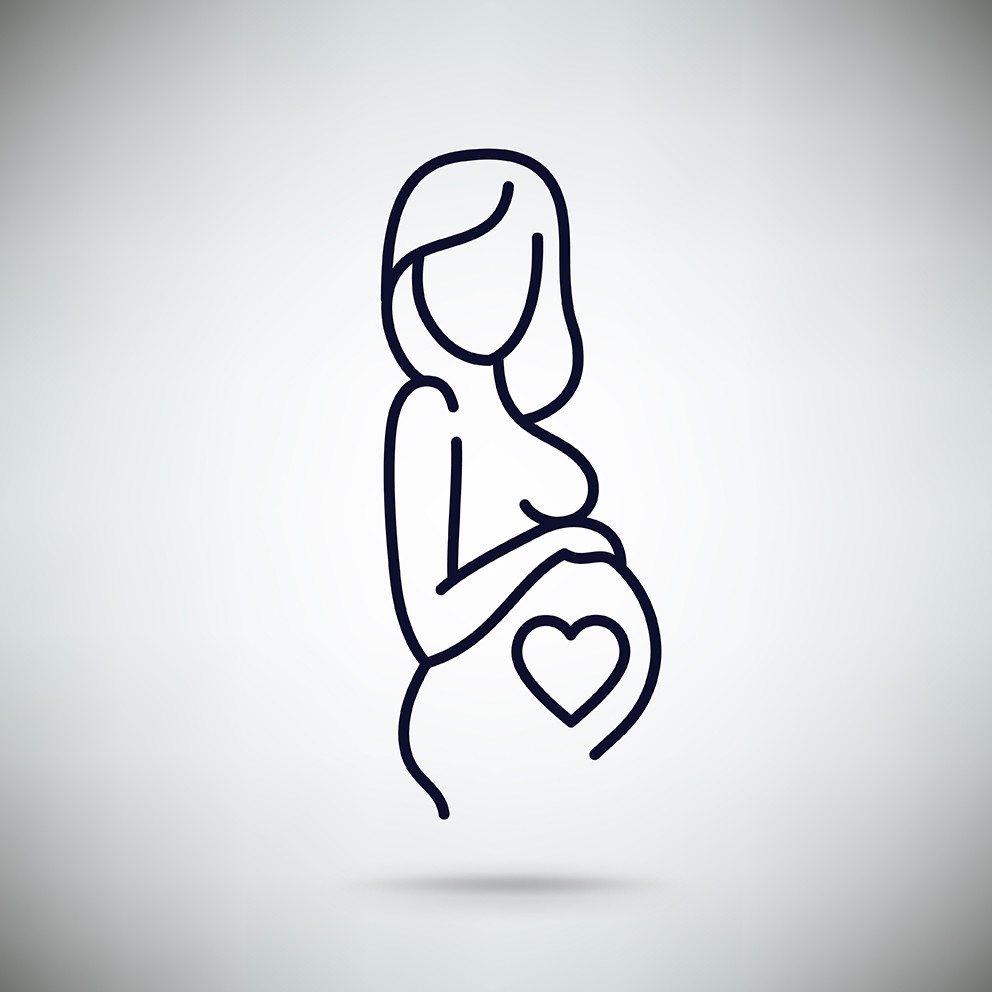Symptoms of Gestational Diabetes
Gestational Diabetes Mellitus (GDM) is defined as glucose intolerance that begins or is first detected during pregnancy.
The detection of gestational diabetes is important because of its associated maternal and fetal complications. According to the ADA guidelines, patients should be screened for risk factors for gestational diabetes during pregnancy at their initial visit
Gestational diabetes develops because pregnancy increases requirements for insulin secretion while increasing insulin resistance, upping demands on pancreatic β-cells. A woman is considered high risk if she has one or more of the following: marked Obesity, personal history of gestational diabetes, glucose intolerance or glycosuria, or a strong family history of type 2 diabetes, age > 25 years, multiparty, and previous macrocosmic or large for-gestational-age infants (> 9 lb or 4 kg)
All women should be screened for gestational diabetes during pregnancy at 24 – 28 weeks of gestation following standard guidelines.
The best thing for a women who is at 24-28 weeks of gestation to go to a specialized clinic or any health care facility in out vicinity to take doctor advice and get screening for Gestational Diabetes Mellitus.
Apollo sugar is able to provide entire spectrum of diabetes services for effective Gestational Diabetes Mellitus management.
Risk factors:
- Any woman can develop gestational diabetes, but some women are at greater risk. Risk factors for gestational diabetes include:
- Age greater than 25. Women older than age 25 are more likely to develop gestational diabetes.
- Family or personal health history. Your risk of developing gestational diabetes increases if you have prediabetes — slightly elevated blood sugar that may be a precursor to type 2 diabetes — or if a close family member, such as a parent or sibling, has type 2 diabetes. You’re also more likely to develop gestational diabetes if you had it during a previous pregnancy, if you delivered a baby who weighed more than 9 pounds (4.1 kilograms), or if you had an unexplained stillbirth.
- Excess weight. You’re more likely to develop gestational diabetes if you’re significantly overweight with a body mass index (BMI) of 30 or higher.
- Nonwhite race. For reasons that aren’t clear, women who are black, Hispanic, American Indian or Asian are more likely to develop gestational diabetes.
Complications of Gestational Diabetes include:
- Excessive birth weight
- Early birth and respiratory distress syndrome
- Low blood Sugar
- Type 2 Diabetes in later life.
- Other complications like High blood pressure and preeclampsia, which is a threat for both the mother and the fetus.











